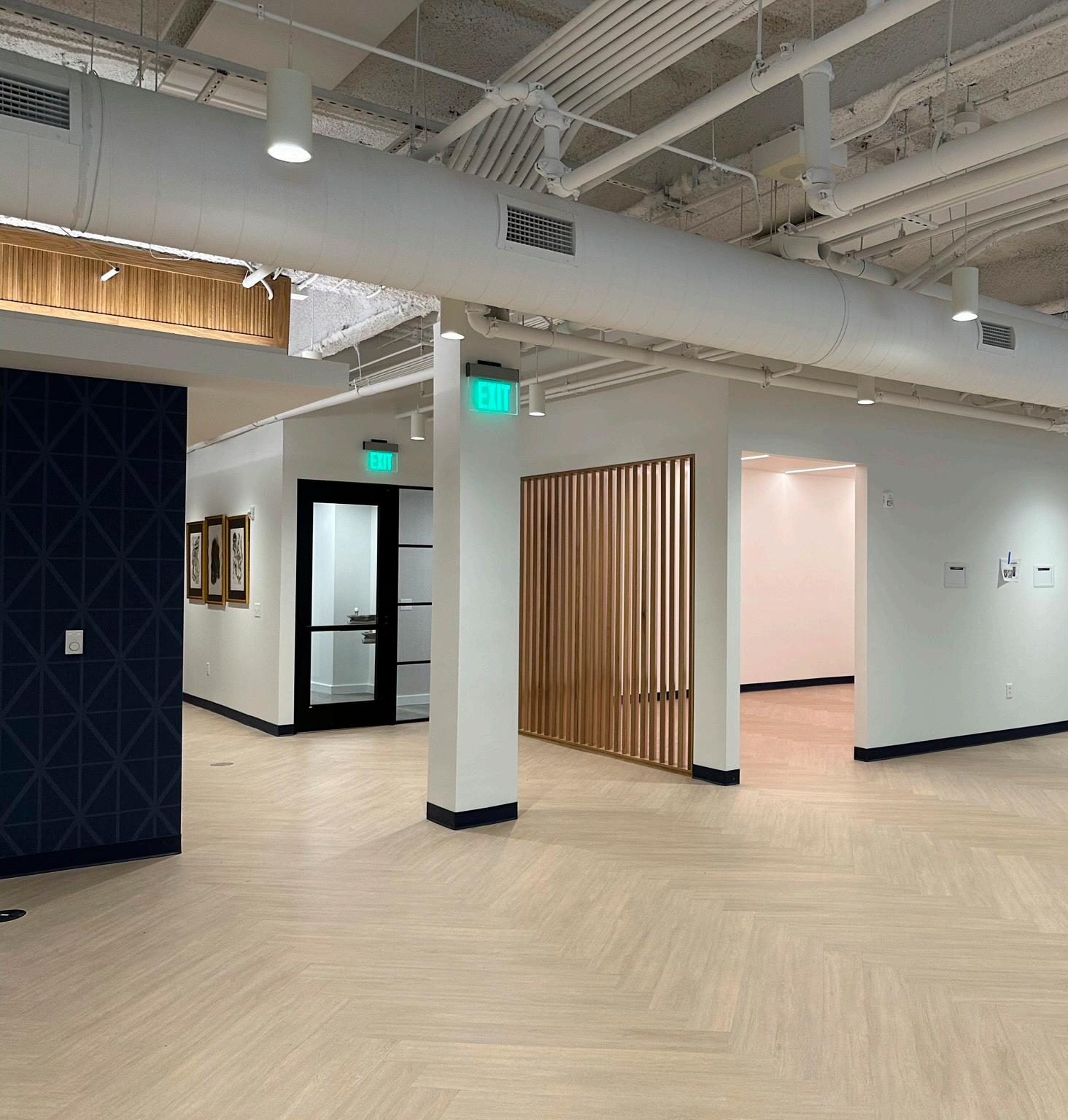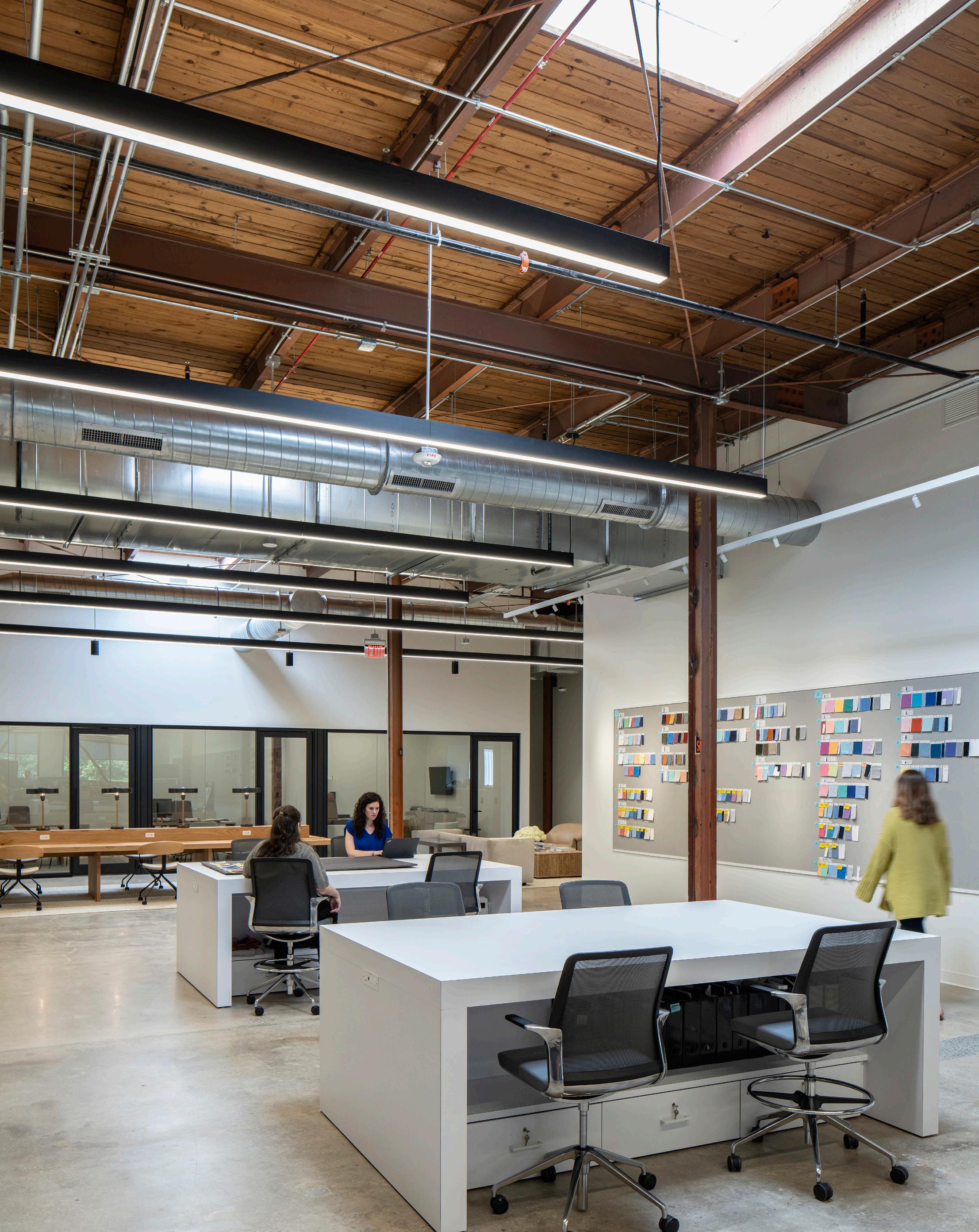
3 minute read
Confidential Workplace
Warehouse repositioning in Raleigh’s Five Points neighborhood
Location:
Advertisement
1501 Sunrise Avenue Raleigh, North Carolina 27608
Project Size: 40,000 GSF
Construction Completion: 2022
Set within Raleigh’s Five Points Neighborhood, The Junction at Five Points features the recent conversion of a low-lying warehouse into a mix of uses as creative offices, boutique retail, and selfstorage. The project sought to take advantage of the building’s rich history while improving its relationship to the street and maximizing natural daylight and views for the building’s occupants. Equally motivating were the potential contributions to the neighborhood: converting a desolate corner of the neighborhood into a destination for working professionals and local retail offerings.
Constructed in 1954, the building’s constituent parts include a 35,000 SF primary warehouse floor, a 10,000 SF lower level, and a 900 SF retail space facing the intersection of Sunrise Avenue and Carson Street. The proximity to the nearby Norfolk Southern railyard provides a unique context that feels simultaneously urban - with views of the City’s skyline beyond - and suburban, with residential streets terminating at the property.
The design proposed to peel away layers of existing construction assemblies to begin with a clean building envelope. The warehouse portion presented a significant volume with 17 high ceilings, exposed structure composed of steel columns and beams and pine tongue-and-groove decking. The building was previously opaque to the exterior, but a goal of the repositioning was to enlarge openings to create a better interior experience and also provide a glimpse of the industrial character of the original building. Exterior walls are composed of concrete masonry, now reinforced by a continuous steel channel, sensitively detailed to feel like part of the building’s original DNA. Tall aluminum-and-glass storefront openings were introduced around the entire perimeter and more than 20 skylights perforate the roof, giving the interior an evenly lit experience throughout the converted office spaces. Openings within the retail area were left as-is, and historically appropriate wood-and-glass now replace the prior, deteriorated shopfront windows.
This successful collaboration between owner, design team and contractor concluded with a significantly improved existing structure that will serve its tenants, neighbors, and the City of Raleigh for decades to come.
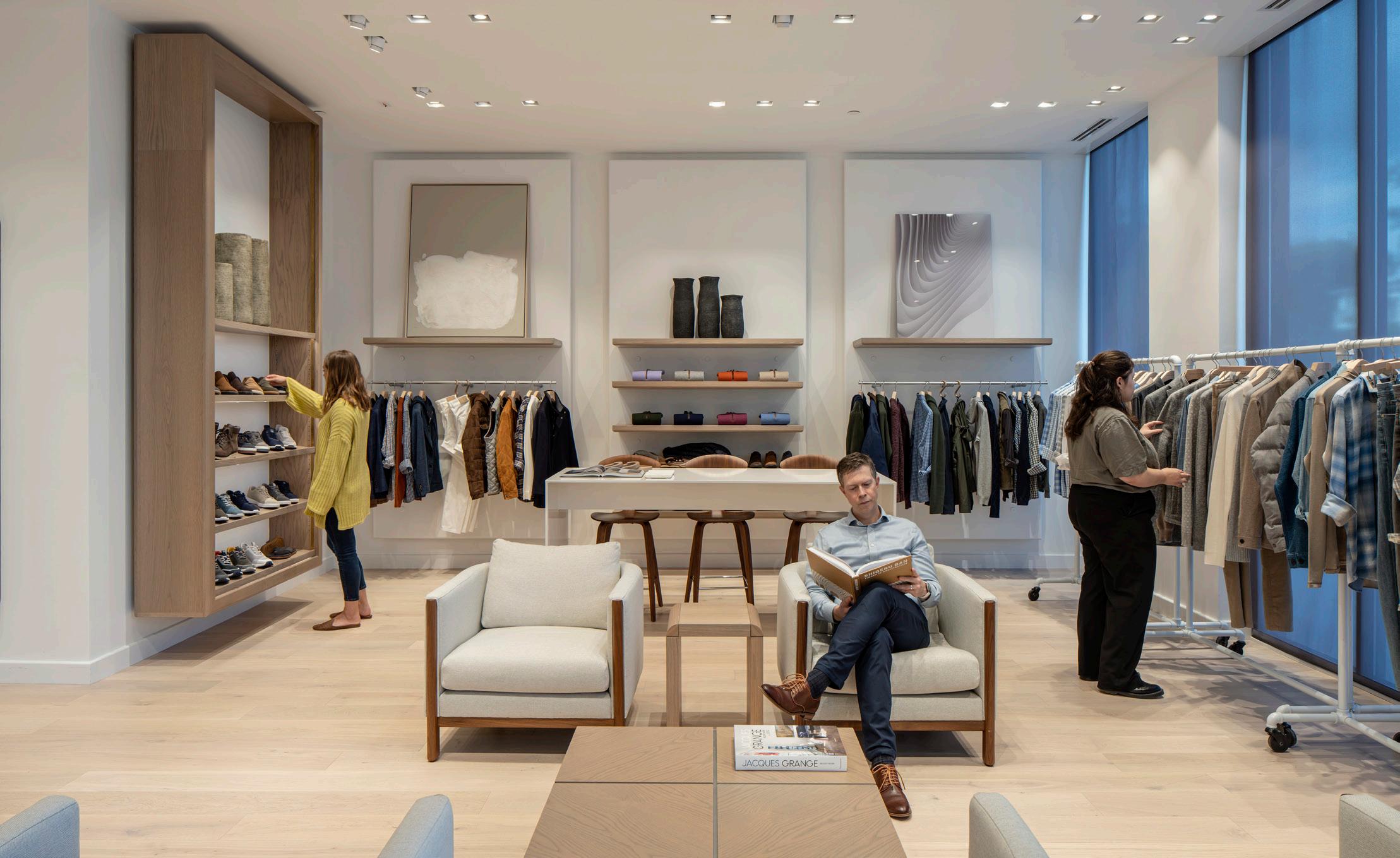
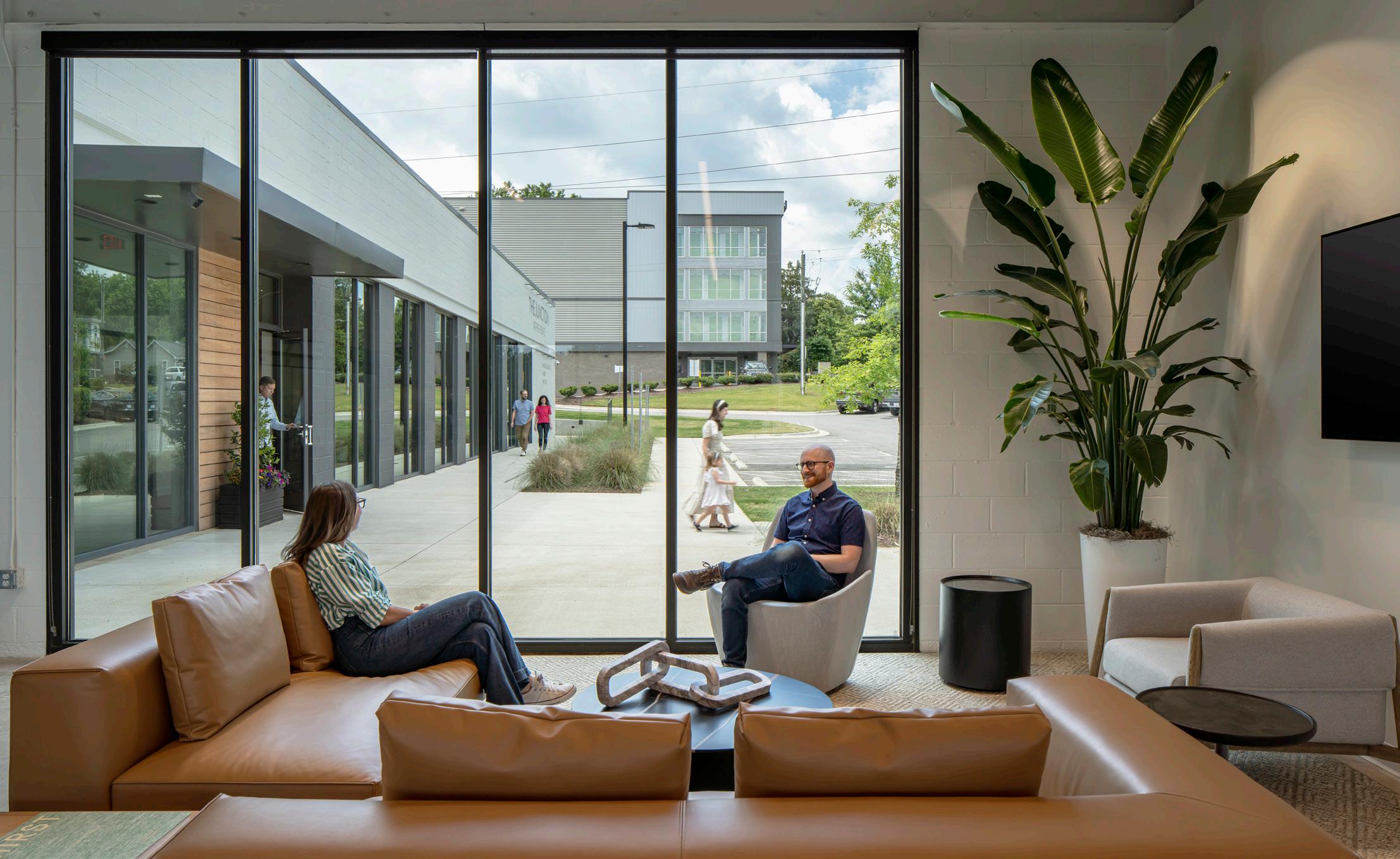
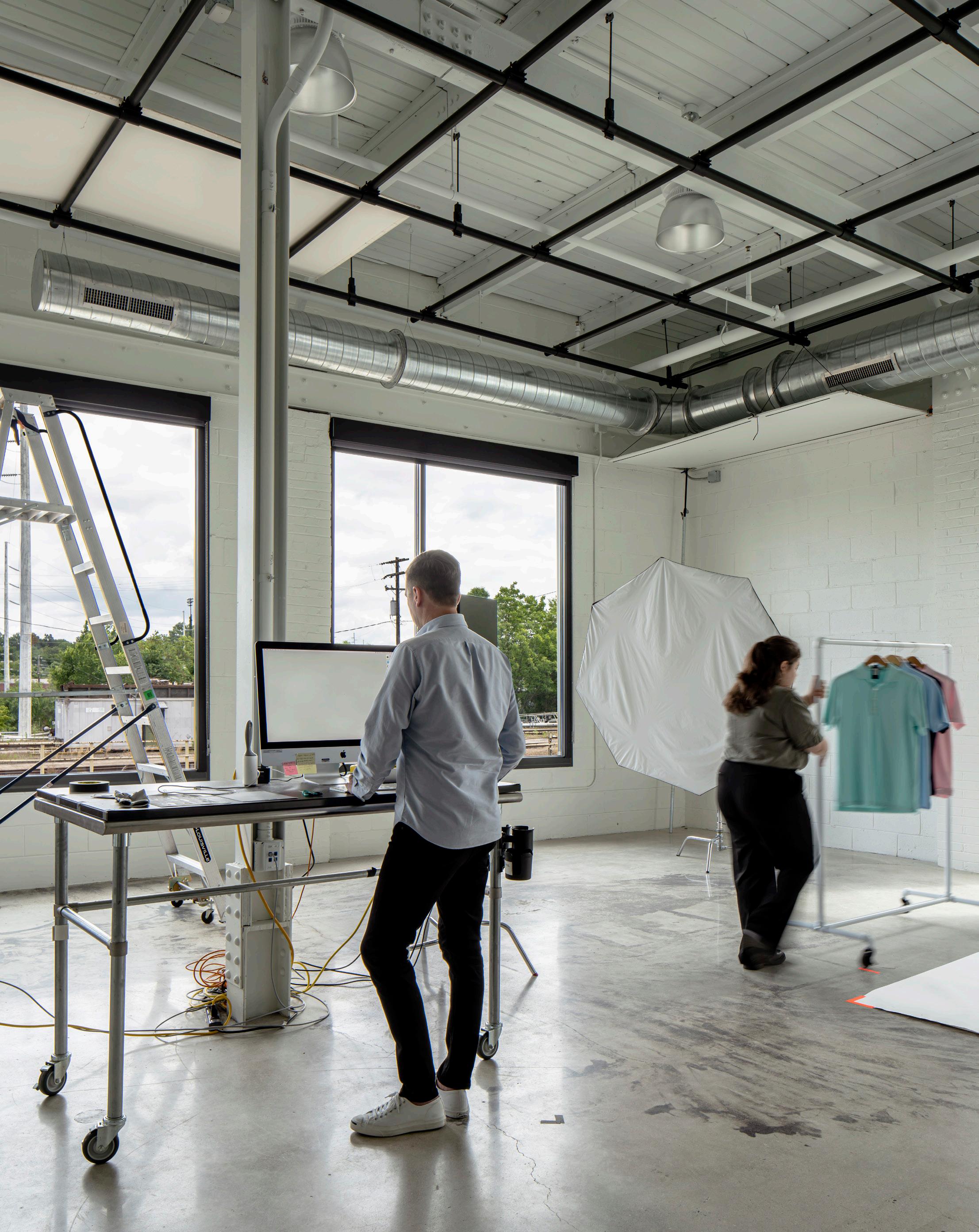
Re-imagined headquarters building for evolving financial industry needs
Location:
3600 Wake Forest Road
Raleigh, North Carolina 27609
Project Size: 98,000 GSF
Construction Completion: 2016
With the integration of technology into the banking industry, Local Government Federal Credit Union (LGFCU) needed a new headquarters that would allow them to get ahead of the shifting market conditions and their members’ changing needs. After acquiring an abandoned 1980’s office building (the former Wake County Schools headquarters), LGFCU turned to Gensler to deliver their vision into a reality: a new home, an optimized workplace, and a space that communicated the future of banking to their employees and customers.
The design team took advantage of the building’s existing geometry to create a conceptual “main street”: A corridor that both delineates and joins public and private spaces and gives shape to the building’s main lobby, conference rooms and other shared amenities, as well as links the building with a new adjacent parking deck. In its newest incarnation, the building offers greater variety, more transparency, and easier access to public transportation. Transparency and collaboration are facilitated through a much more open plan than the company's previous traditional offices, and provides formal and informal meeting spaces to support a variety of work styles and the technology needed to encourage an agile work environment.
Gensler's design strategies were successful in creating the community that LGFCU had envisioned. "We thought we were just renovating a building, but ended up renovating our culture," said Mark Caverly, LGFCU's Vice President.
Wood at the entry provides a warm, welcoming point of arrival that is carried through the “Main Street” signifying important places of program and circulation. A monumental stair connects users to the 2nd floor balcony that includes additional meeting spaces and multipurpose space for community events. On the typical floors, neighborhoods function as communities utilizing space as a shared asset. The organization of materials and space allow significant amounts of daylight and views to filter through the space and reinforces the culture of open and lateral communication.
LGFCU's repositioned space provides a workplace that captures their values and equips them to excel as the financial industry continues to evolve for years to come.
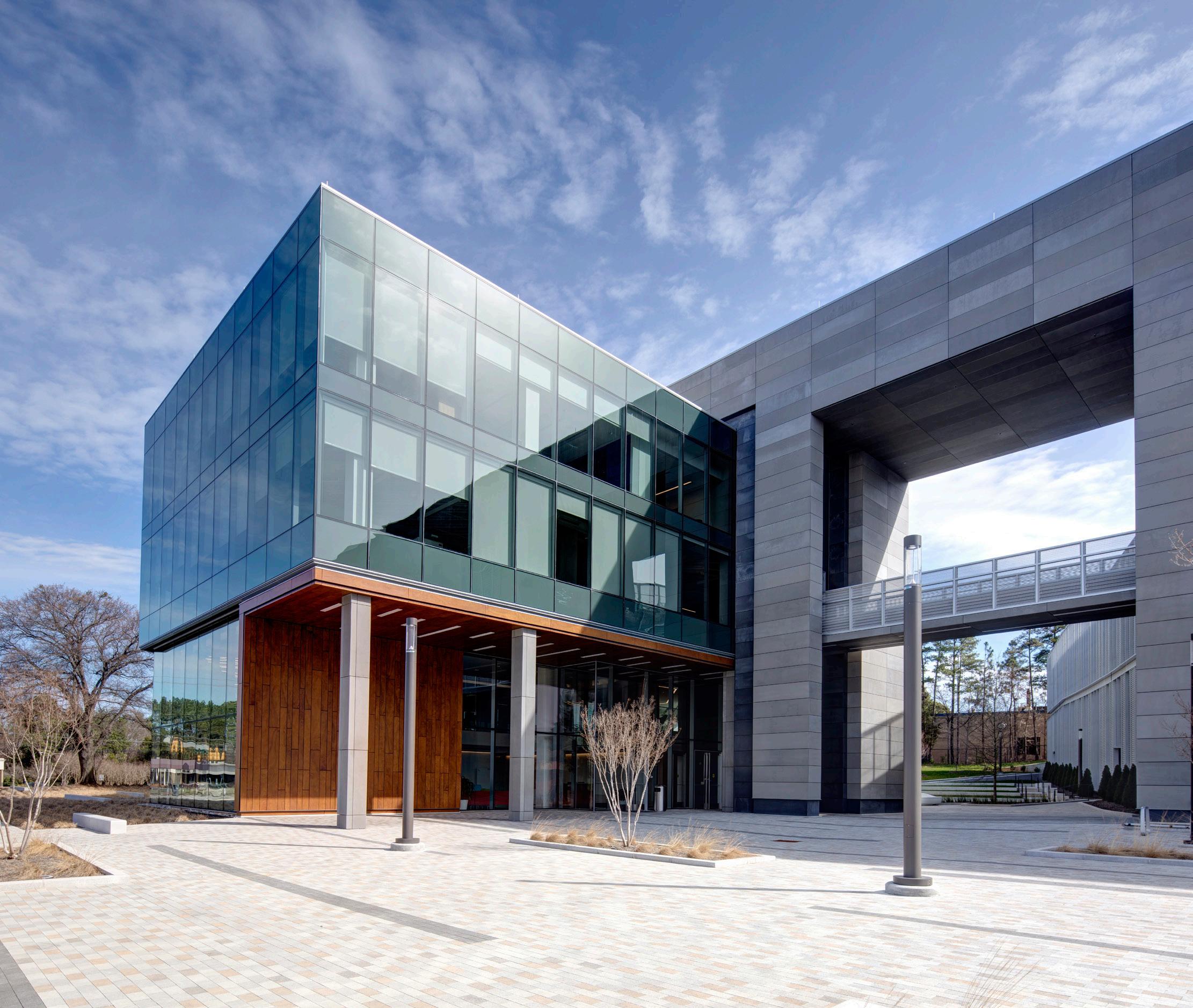
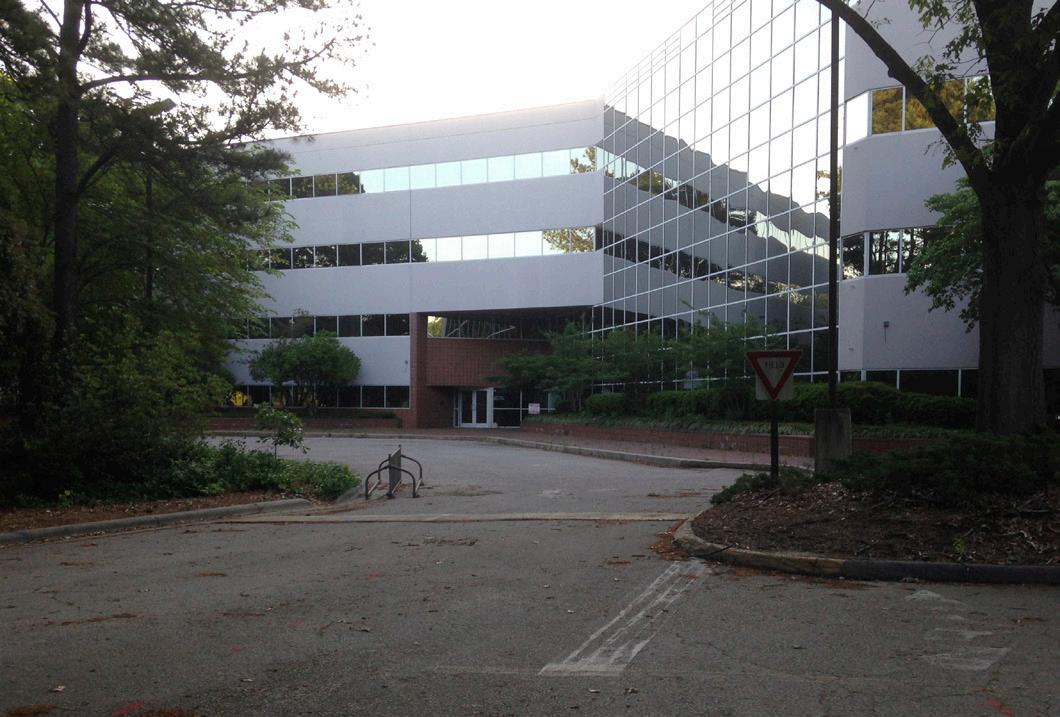
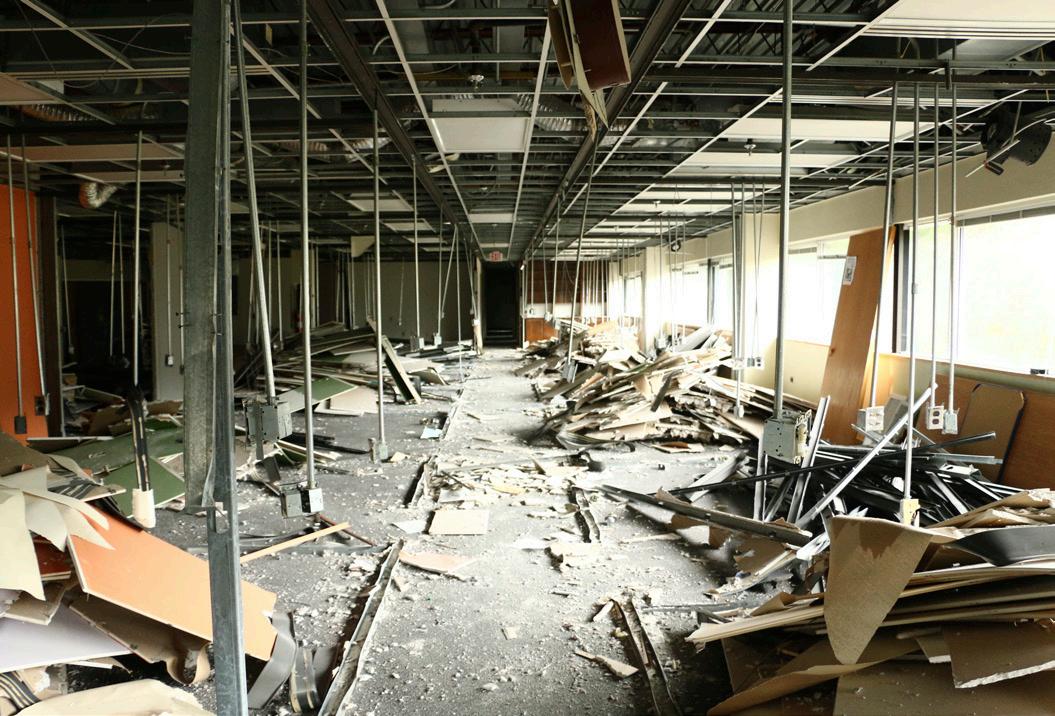
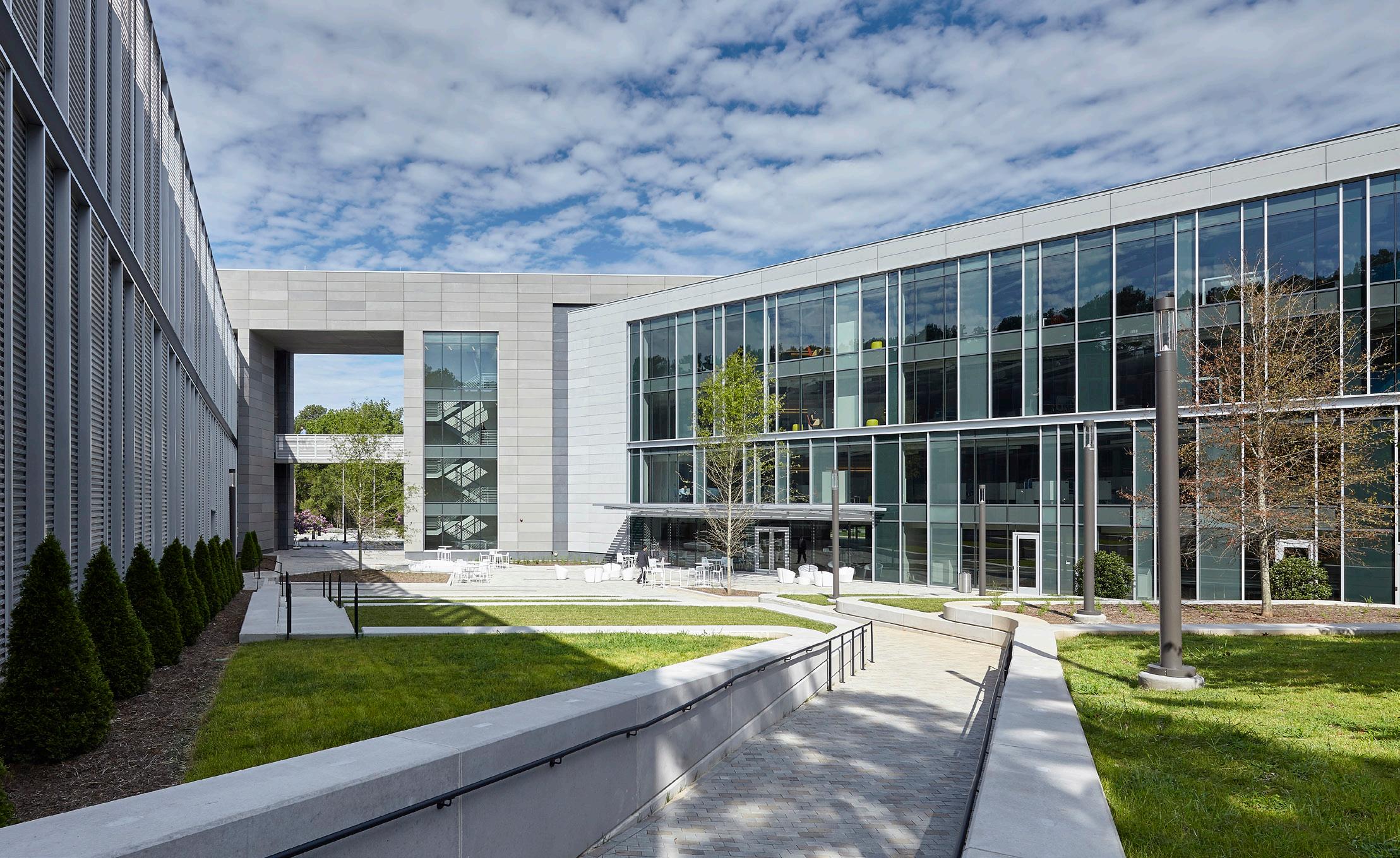
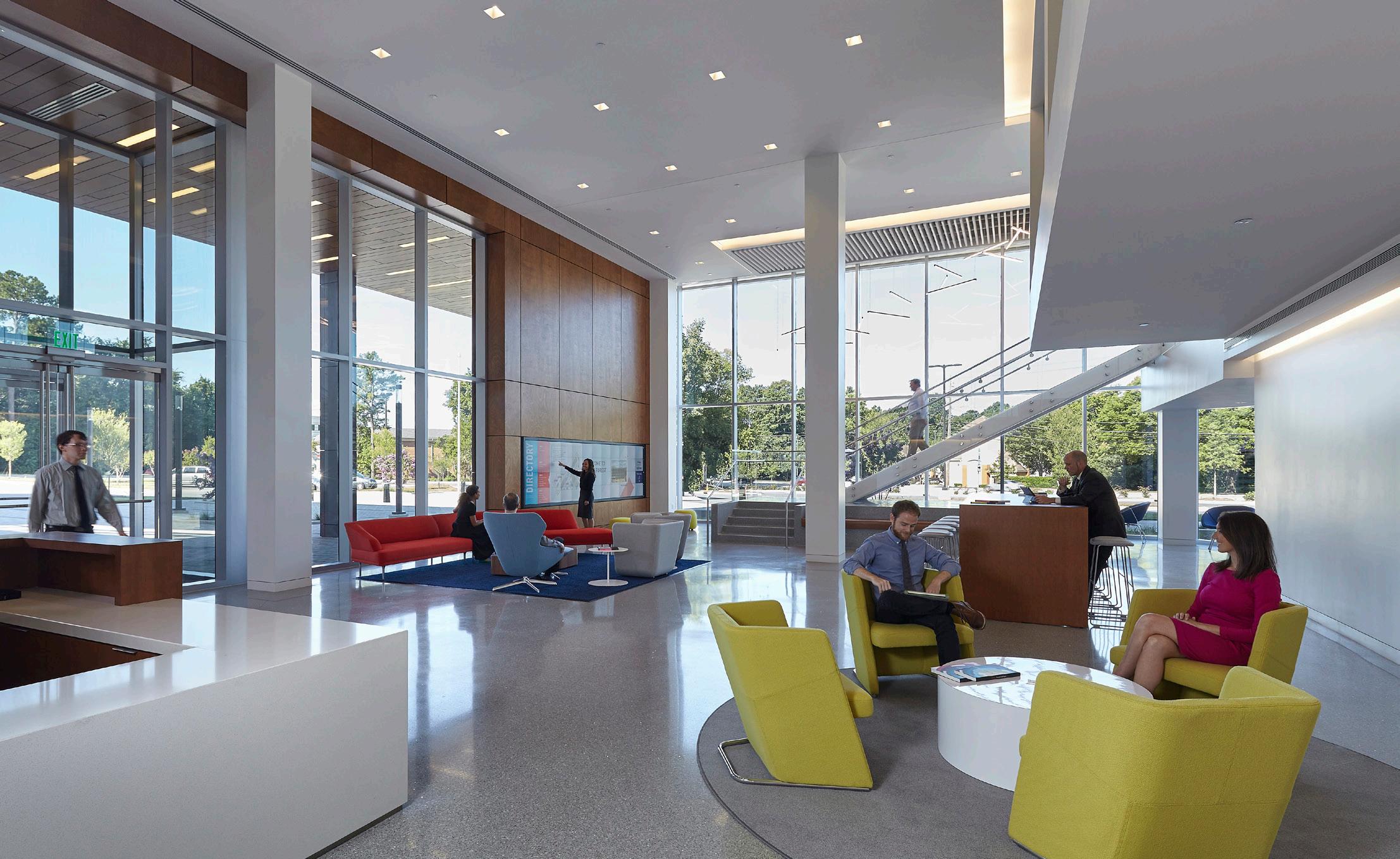
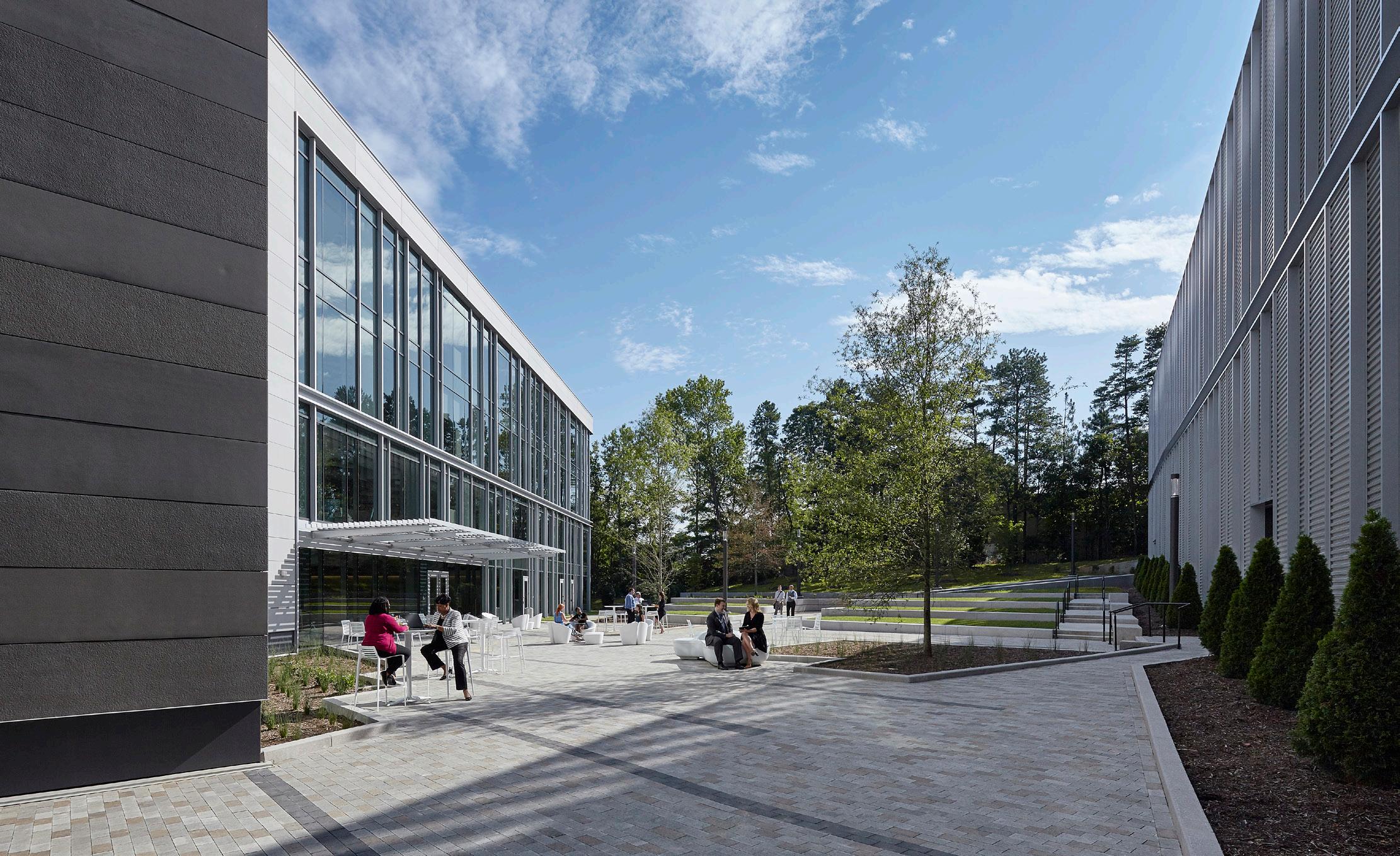
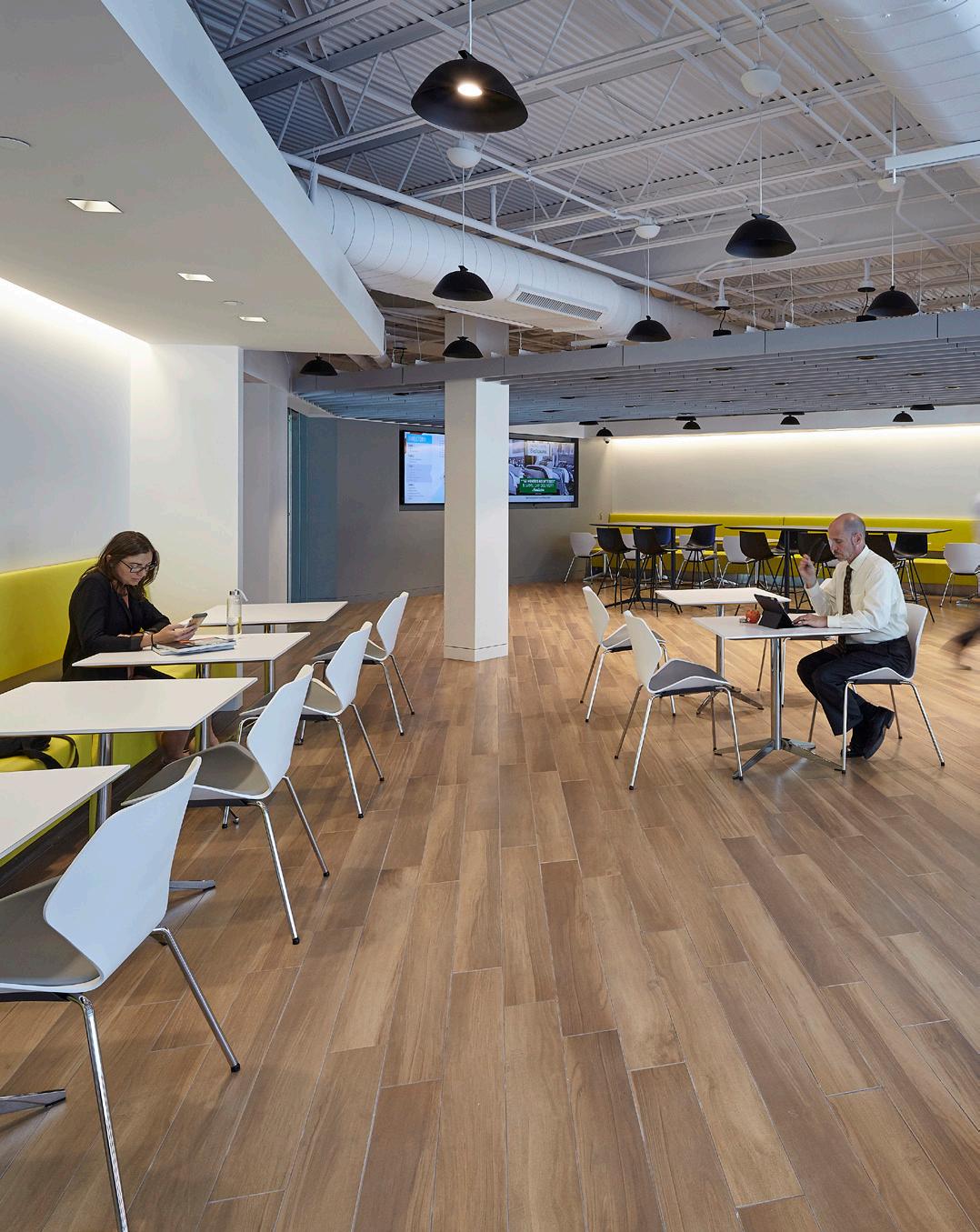
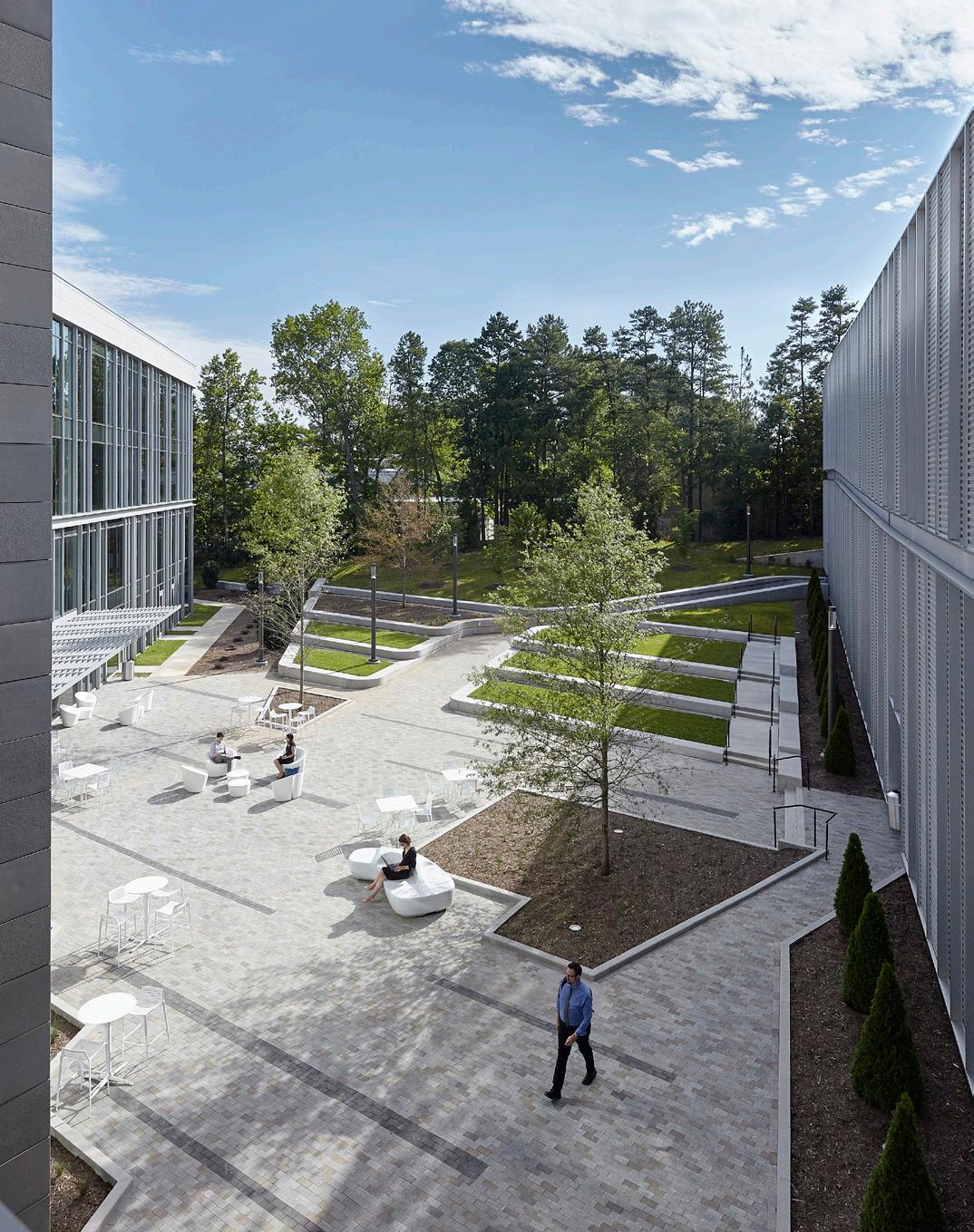
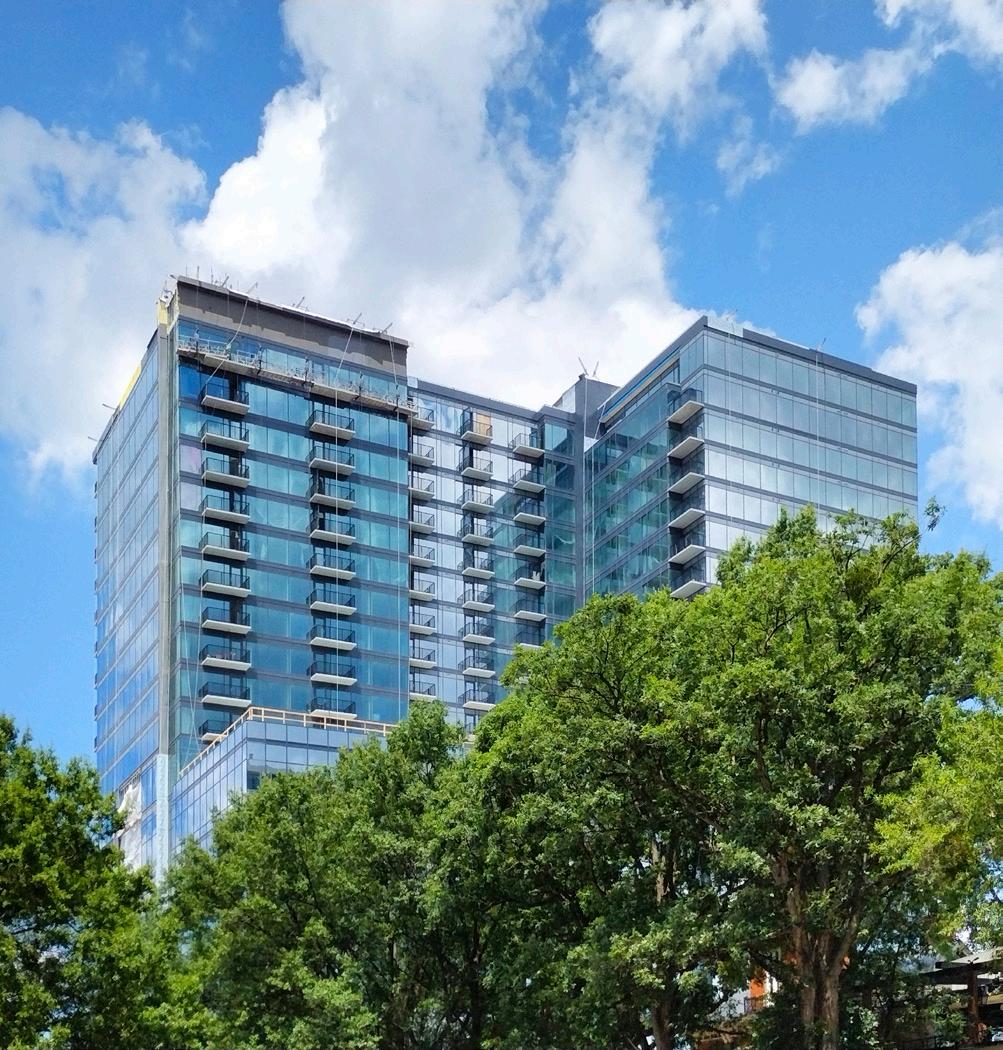
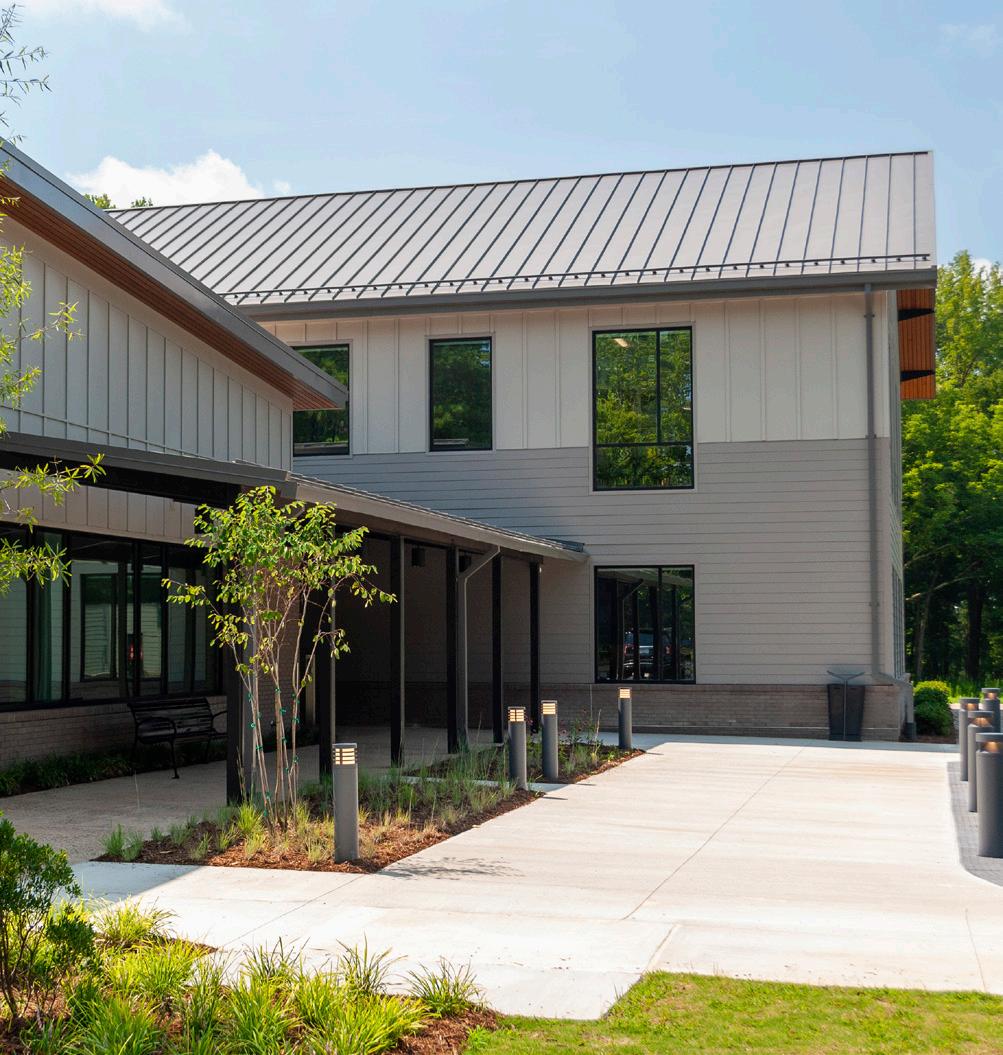
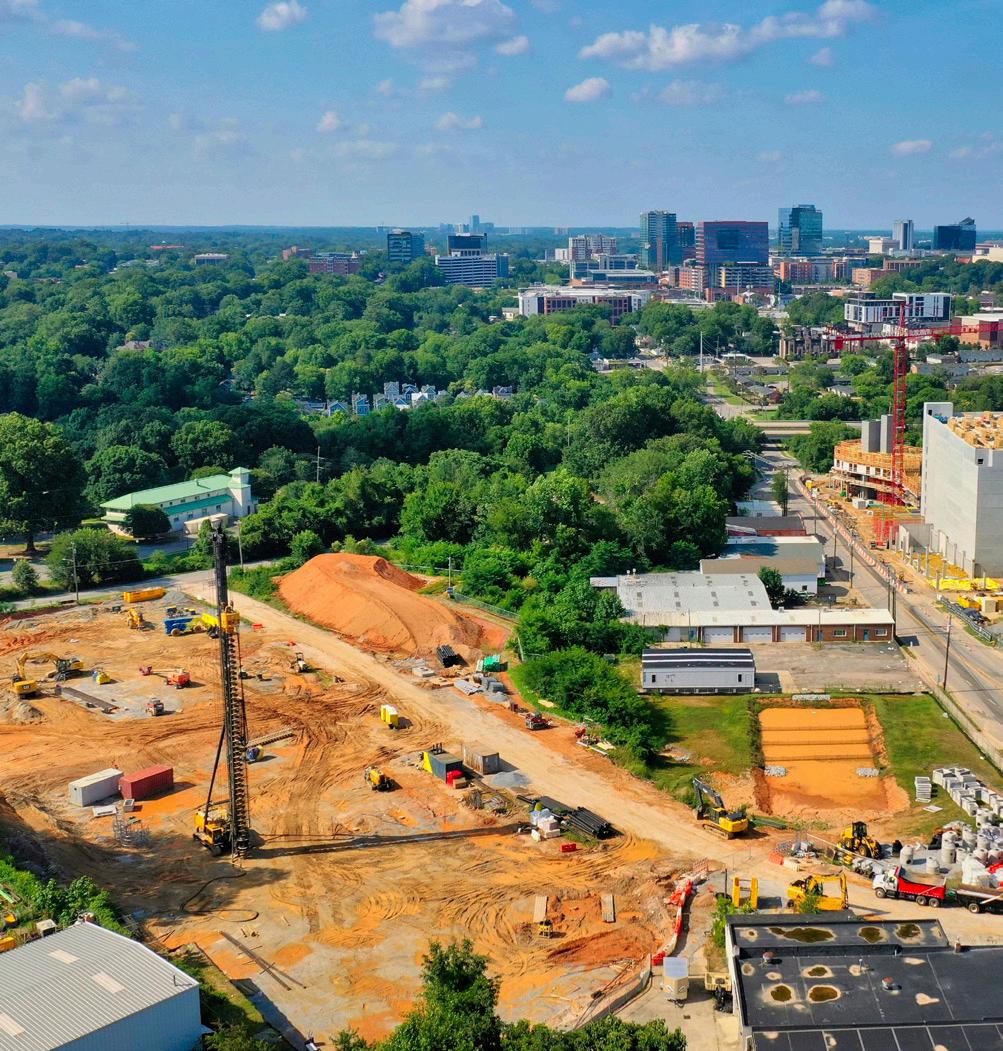
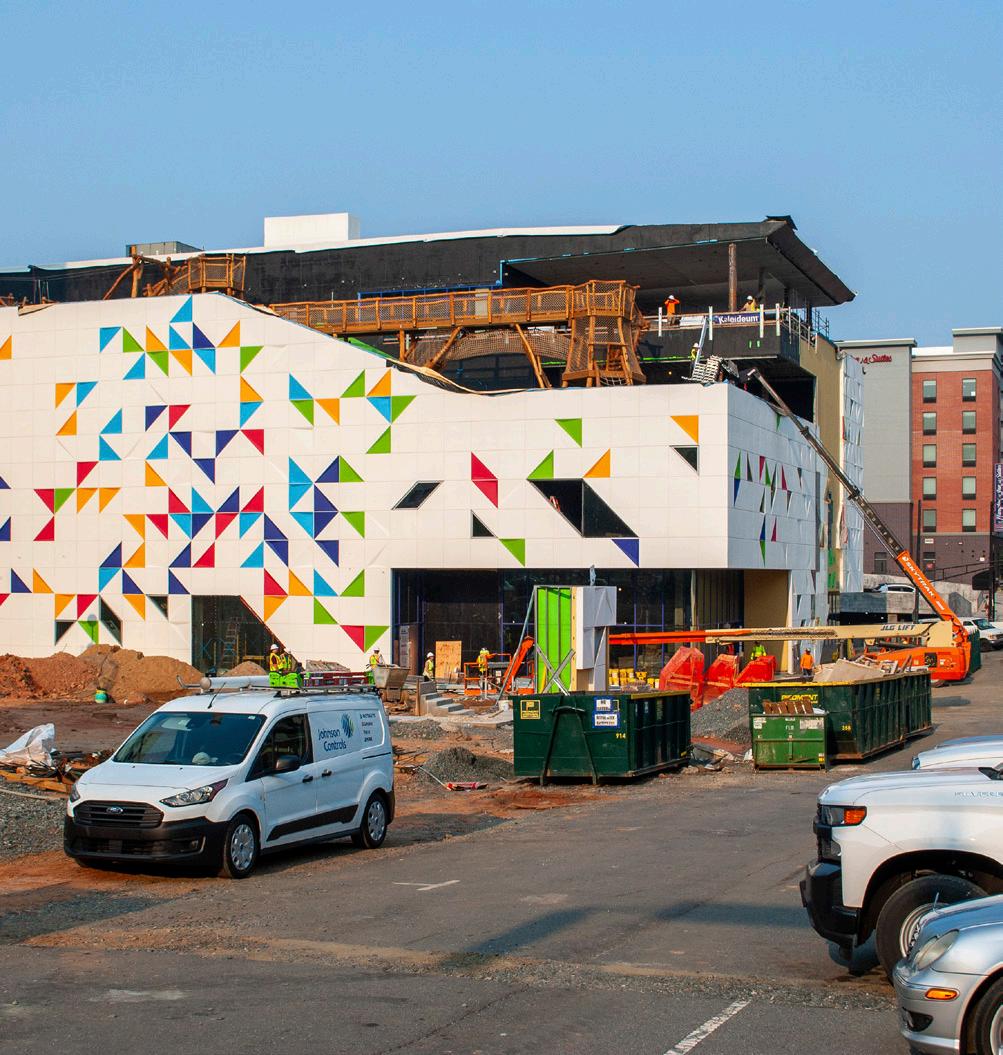
Wycliff Amenities
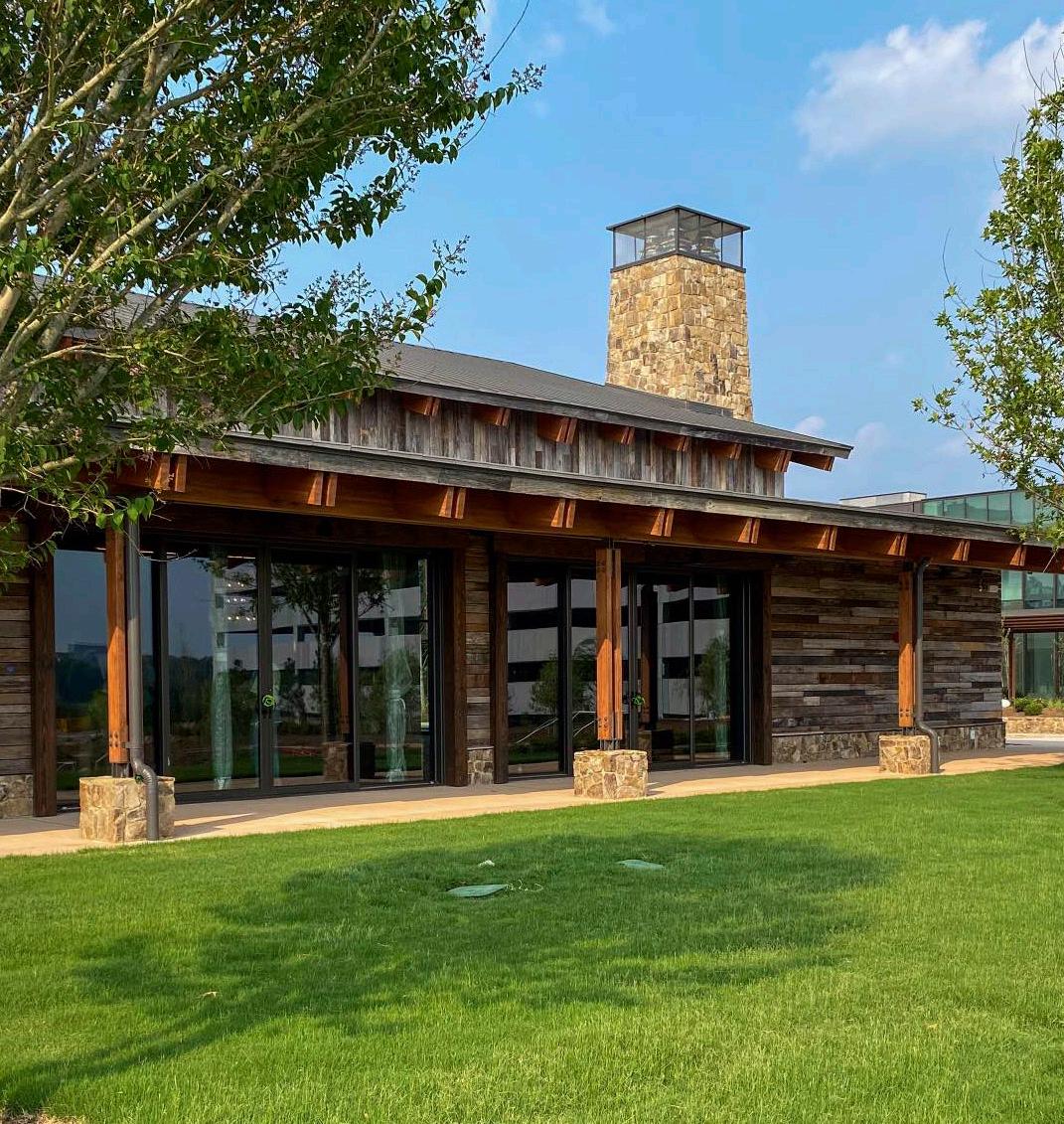
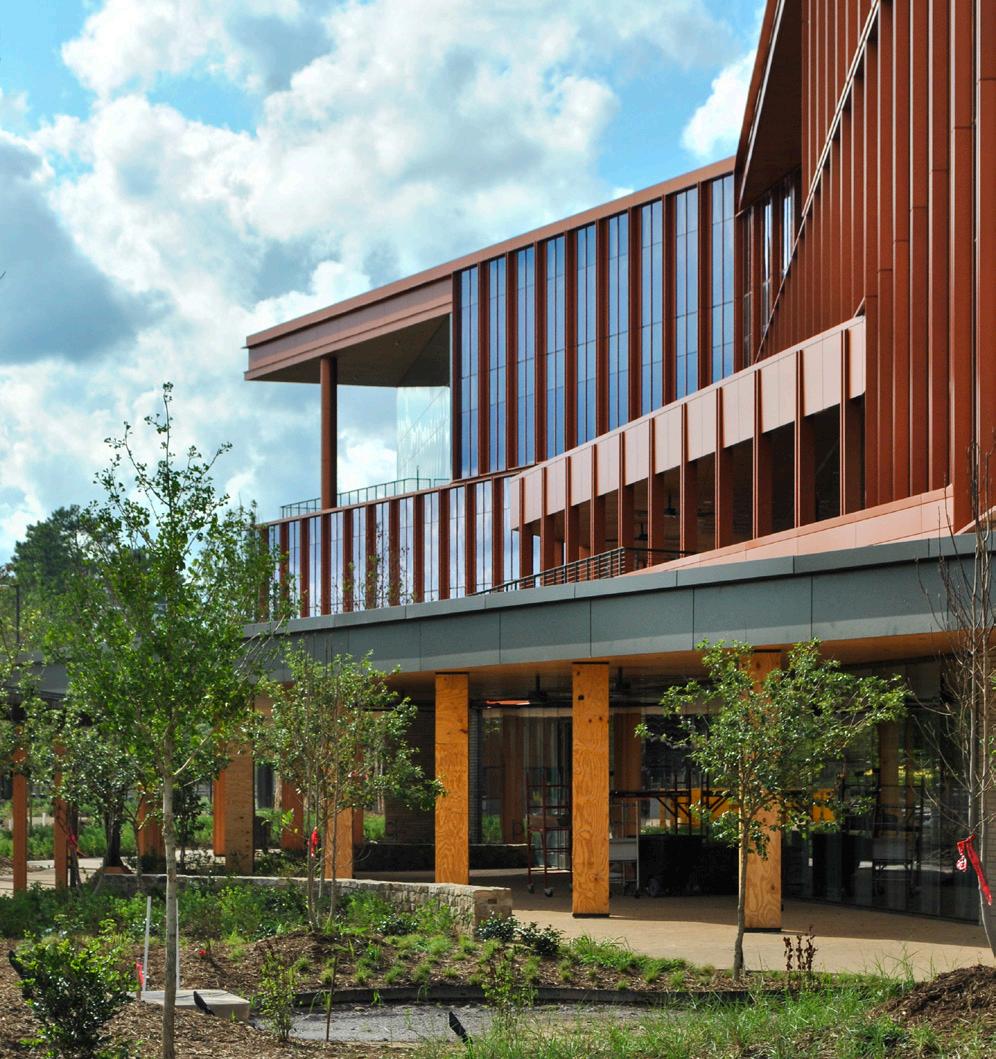
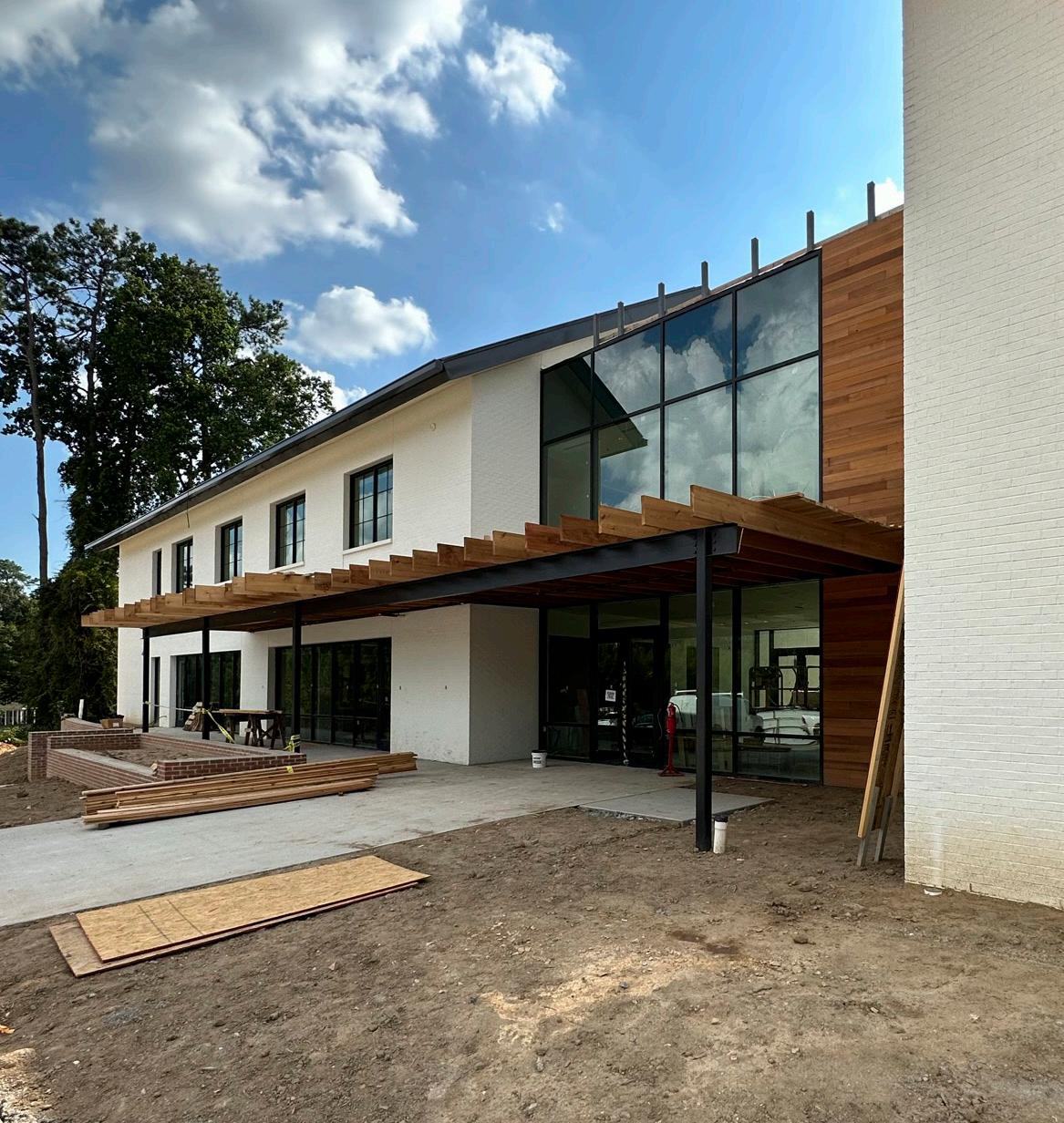
Contact: Lindsey Breitschwerdt
SAFEchild
Contact: Lindsey Breitschwerdt
Bandwidth
Contact: Brad Burns + Lindsey Thompson
Bandwidth
Contact: Brad Burns + Lindsey Thompson
